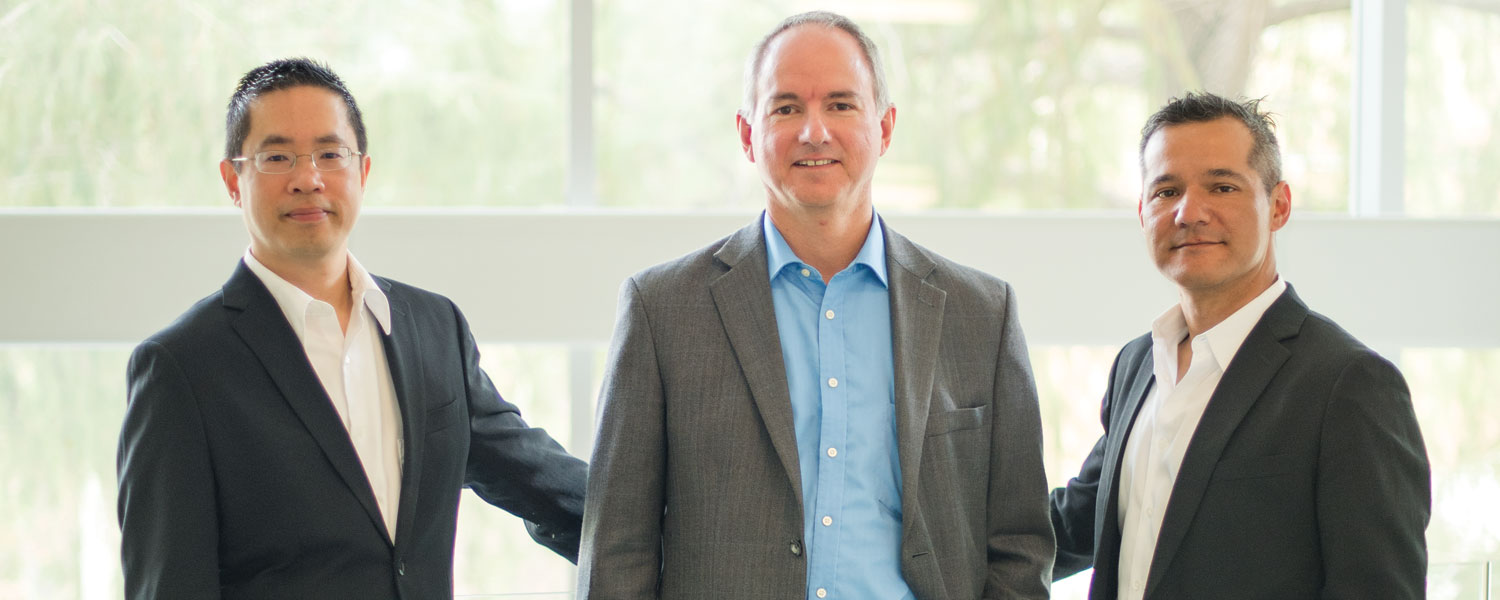cal poly news
Cal Poly Faculty Advise the United Nations
By Larry Peña

This year Cal Poly professors have traveled to Oslo, New York and Geneva to serve as special advisors to the United Nations. As thought leaders on some of the world’s most pressing issues, these faculty members are helping shape global policy at the highest levels. We asked them to share their perspectives on the topics they explore with the U.N.
Patrick Lin, Ph.D., Philosophy
Lin is a member of the expert group providing ongoing advice to the United Nations Institute for Disarmament Research.
“Autonomous weapons — killer robots — don’t share our moral or emotional concerns. Should we hold them to the same standards we expect of human combatants? Before we decide whether or how to restrict the use of these weapons, we must refine our notions of autonomy, control, and most importantly, human dignity. My hope is to help cut through any hype and hysteria that often come with visions of killer robots and provide balanced analysis on the issues.”
Michael Boswell, Ph.D., City & Regional Planning
Boswell serves on the Cities and Climate Change Committee of the United Nations Habitat Programme.
“The scientific evidence is undeniable that the Earth’s climate is changing, that humans are the primary drivers of this change, and that this could have disastrous impacts. These facts have created a call for immediate and clear action. With proactive city planning, local officials have the power to reduce vulnerability to the dangers of climate change and to position their cities to thrive into the future. Local governments need to be working these plans now — and we’re helping develop the tools and guidelines to get them started.”
Eduardo Zambrano, Ph.D., Economics
Zambrano is part of a small team of international scholars working with the United Nations Environment Programme.
“Different countries will have different goals as they work toward the general well-being of their citizens. My colleagues and I are helping the U.N. develop a methodology for tracking progress toward those goals, identifying targets that nations will need to meet, and exposing threats that they might encounter along the way. To be counted as such, progress must be broadly inclusive across the country’s population, reduce ecological scarcity and environmental risks, and bring lasting economic opportunities to future generations.”





